Artist: Bill Evans Album: Everybody Digs Bill Evans
Year: 1959Duration: 49:38
Taking a Critical Look at Bill Evans' Album: Everybody Digs Bill Evans
Bill Evans is one of the most influential jazz pianists of the 20th century. He is best known for his work in the 1950s and 1960s, where he helped to bring jazz to a wider audience. One of his most celebrated albums is Everybody Digs Bill Evans, which was released in 1958. This album is a true classic of the jazz genre, and it is still popular among music listeners today. In this post, we will take a critical look at this album, including a brief history of the artist, an overview of the music genre, and an analysis of the best songs and most innovative parts of the album.
To fully appreciate Everybody Digs Bill Evans, it is important to understand the history of Bill Evans himself. Evans was born in New Jersey in 1929, and he began playing the piano at a young age. He studied music at Southeastern Louisiana University before going on to play professionally in New York City. Eventually, he became a member of the Miles Davis Sextet, where he helped to popularize modal jazz. Evans was known for his unique style of playing, which was heavily influenced by classical music.
Everybody Digs Bill Evans is a classic example of Evans' piano playing. The album is a collection of jazz standards, including Lucky To Be Me, What Is There To Say? and Autumn Leaves. One of the most impressive aspects of the album is the way that Evans reinvents these classic tunes. He takes these familiar melodies and adds his own unique piano work, creating something entirely new and exciting.
The genre of Everybody Digs Bill Evans is jazz, but it is important to note that this album is not typical of the jazz music of the time. Evans' style is often referred to as cool jazz, which is a subgenre of jazz that emerged in the 1950s. Cool jazz is characterized by its relaxed tempo, lighter sound, and lack of overtly complex arrangements. The style became popular among jazz musicians who were looking to move away from the more frenetic bebop style that had dominated jazz in the 1940s.
One of the best songs on the album is Peace Piece. This is a solo piano piece that was improvised by Evans in the studio. The song is slow and thoughtful, with long pauses between the notes. It is a beautiful example of Evans' improvisational skills and his ability to create a mood with his music. Another standout track is Lucky To Be Me, which features Evans on piano and a trio of talented musicians on bass and drums. The song has a lively tempo and showcases the musicians' ability to play together in perfect sync.
Finally, it is important to note that while Everybody Digs Bill Evans is a classic of the jazz genre, it is not without its flaws. Some listeners may find the album to be too slow or too simplistic, especially if they are more accustomed to the fast-paced and complex arrangements of bebop jazz. Additionally, some may argue that the album lacks any truly groundbreaking moments, as Evans' style was already well-established by the time the album was released.
In conclusion, Everybody Digs Bill Evans is a classic album that is beloved by jazz fans around the world. The album showcases the unique piano playing of Bill Evans and offers a glimpse into the cool jazz subgenre of the 1950s. While some may find the album to be overly simplistic, it remains an important work in the history of jazz. Whether you are a lifelong jazz fan or just getting started with the genre, Everybody Digs Bill Evans is an album that should not be missed.
In conclusion, Everybody Digs Bill Evans is a classic album that is beloved by jazz fans around the world. The album showcases the unique piano playing of Bill Evans and offers a glimpse into the cool jazz subgenre of the 1950s. While some may find the album to be overly simplistic, it remains an important work in the history of jazz. Whether you are a lifelong jazz fan or just getting started with the genre, Everybody Digs Bill Evans is an album that should not be missed.
Bill Evans albums
Other #Jazz albums:
SIMILAR BANDS
balls, from 1 to 5, describe similarity between the two bands
SOMETHING NEW? LISTEN TO RADIOGENRE
 Electro rock
Electro rock Grunge
Grunge Sparo Parole
Sparo Parole Psychedelic rock
Psychedelic rock Ska
Ska Dubstep
Dubstep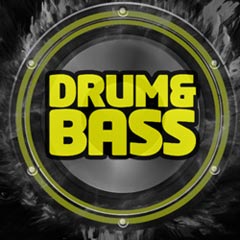 Drum and Bass
Drum and Bass World Music
World Music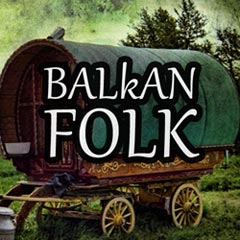 Balkan music
Balkan music Minimal dub
Minimal dub
SUGGESTED PLAYLISTS

.jpg)
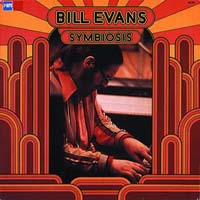
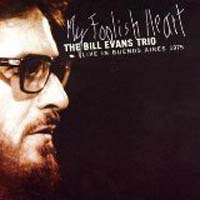
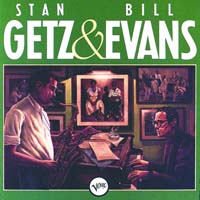
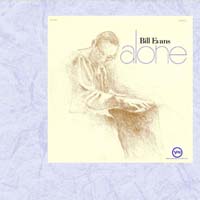
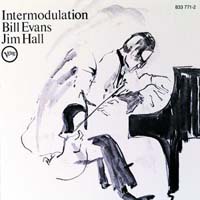
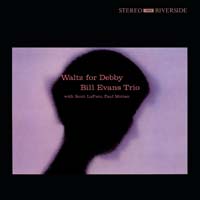
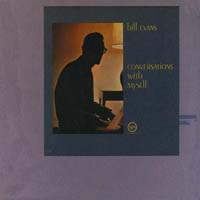

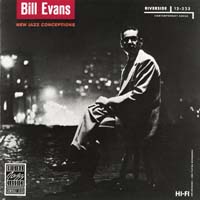
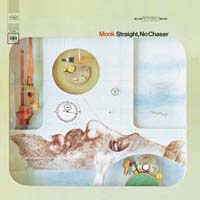
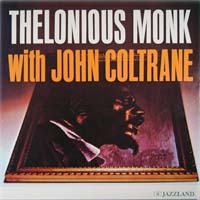
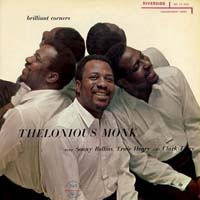

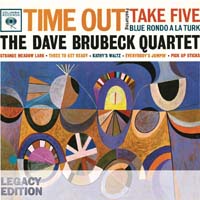
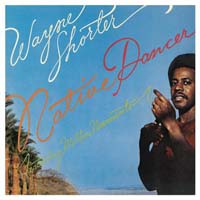
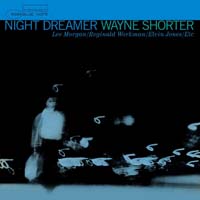
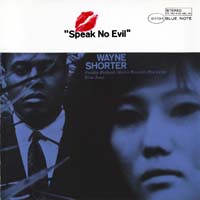
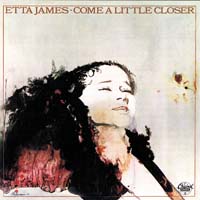
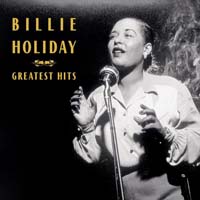
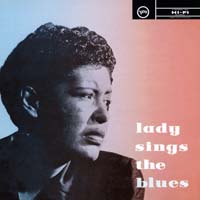
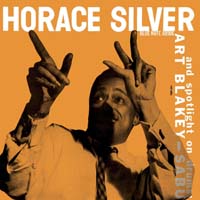


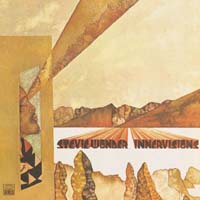
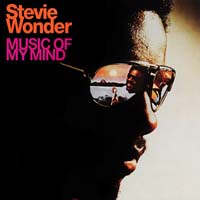
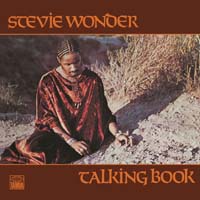
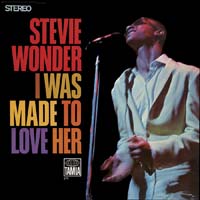
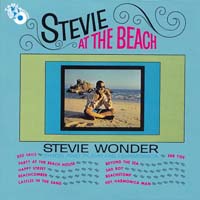
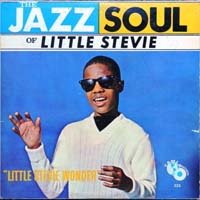
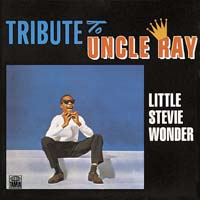
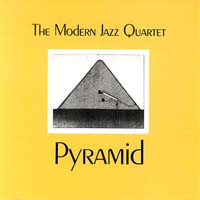


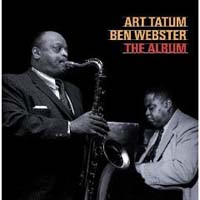
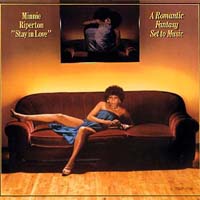

 The very best of rock & roll
The very best of rock & roll Uh! The pop battle!
Uh! The pop battle! The very best of latin rock
The very best of latin rock The war in notes
The war in notes The music television
The music television The electronic dream of the Matrix
The electronic dream of the Matrix Around the world
Around the world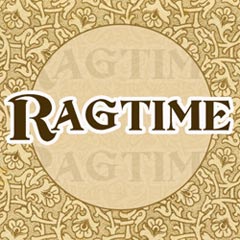 The very best of ragtime
The very best of ragtime Coronavirus Quarantine Music
Coronavirus Quarantine Music The very best of punk
The very best of punk